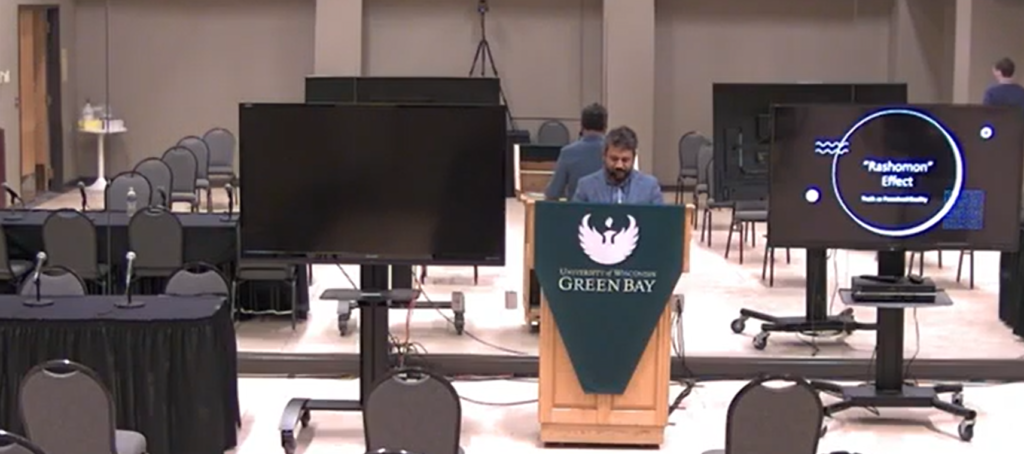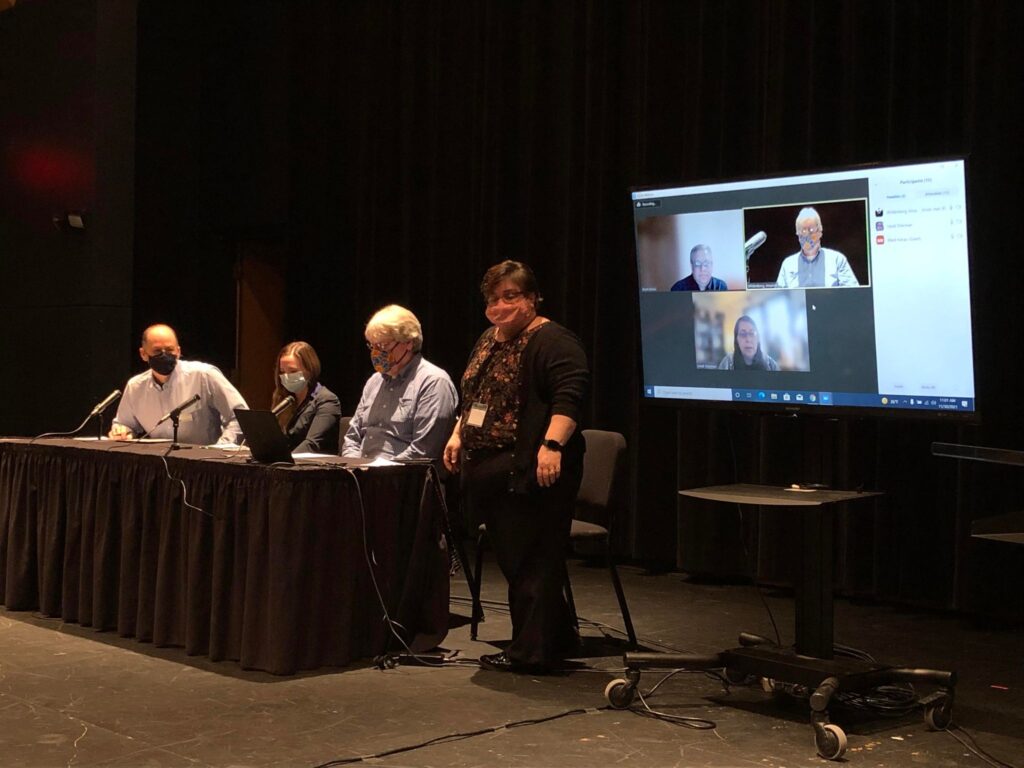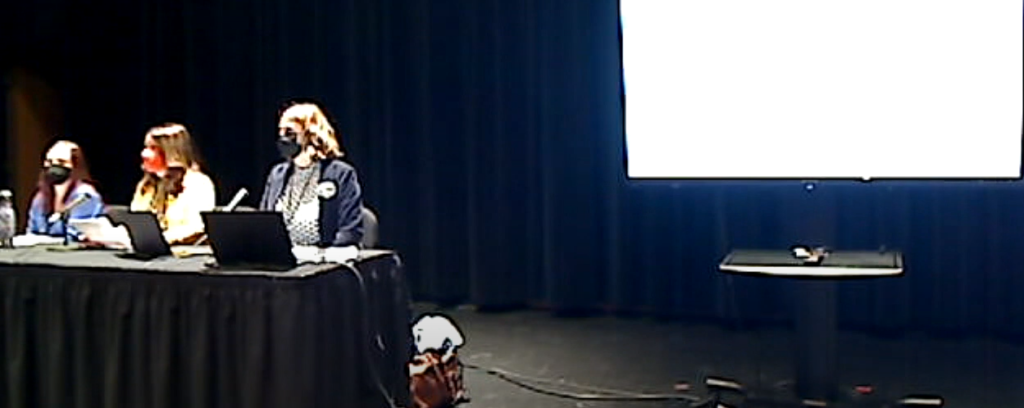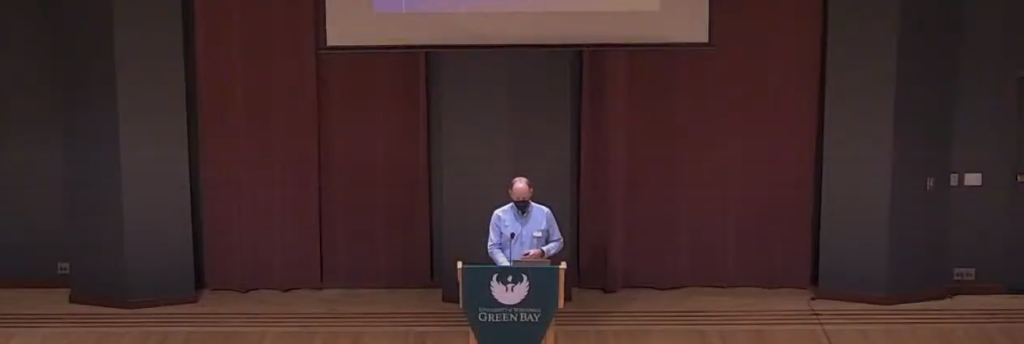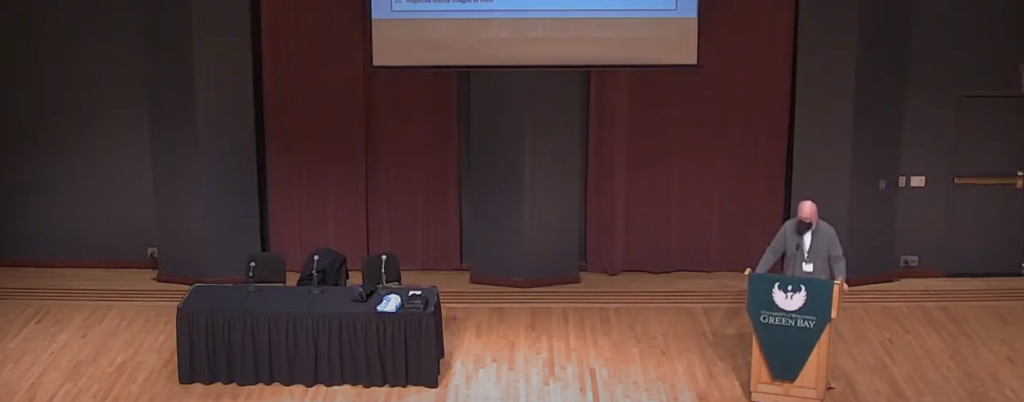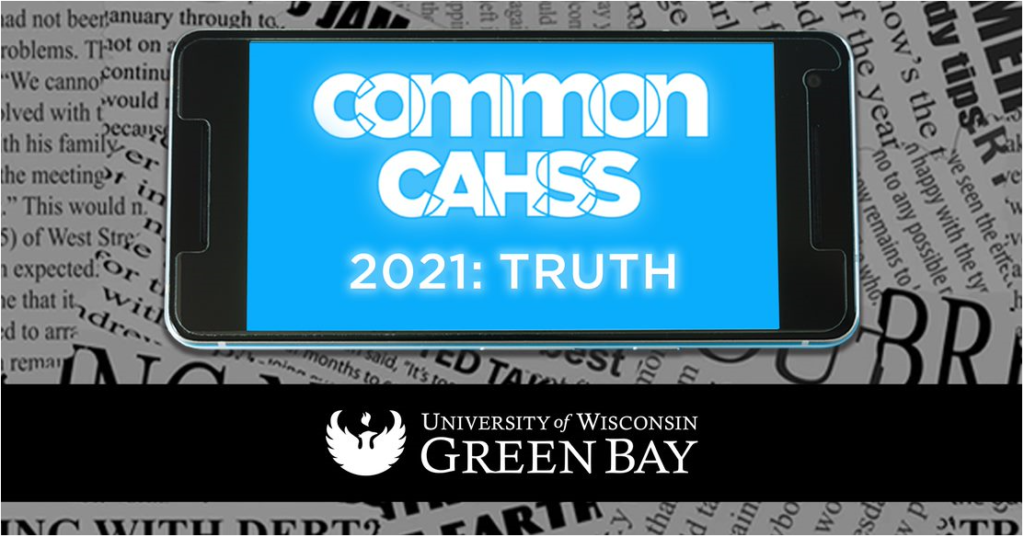November 30 – December 4, 2020
It’s time for an honest conversation about sustainability—not to demolish the concept, but to recognize that it has fallen short in helping us change our unsustainable ways.
Dr. David Voelker, Professor of History and Humanities at the University of Wisconsin-Green Bay
Latest from Common CAHSS 2020
About Common CAHSS 2020
Beyond Sustainability Imagining an Ecological Future
The Covid-19 pandemic and the resurgence of the Black Lives Matter movement, which have cast intense light on the challenges that we face as a society, provide especially poignant contexts to address the theme of “Beyond Sustainability: Imagining an Ecological Future.” We need a more robust framework than “environmental sustainability” to address the interrelated environmental and social crises that we now face. The word “environment” draws a line of separation between humans and the rest of the community of life. “Ecological” better captures the vital relationships among all living beings and systems on the planet. “Sustainability” implies that we have a stable condition that we can preserve going forward. In fact, we face decades if not centuries of climate disruption and rising sea levels, even if we dramatically reduce carbon emissions over the coming decades. Moreover, to pursue “sustainability” begs questions that we have largely avoided: What do we want to sustain? What can we hope to sustain, given that it’s not logically possible to sustain the status quo? How can we simultaneously address ecological and social justice issues? To think “Beyond Sustainability” is not to negate sustainability as a goal, but our situation challenges us to boldly think, feel, and imagine how we can grapple with unsustainability and see it for what it is: a multifaceted, “wicked” problem that will increasingly manifest itself across all aspects of our lives over the coming decades, with especially harmful results for the larger community of life of which we are a part and for many people around the world who already struggle to make ends meet.

